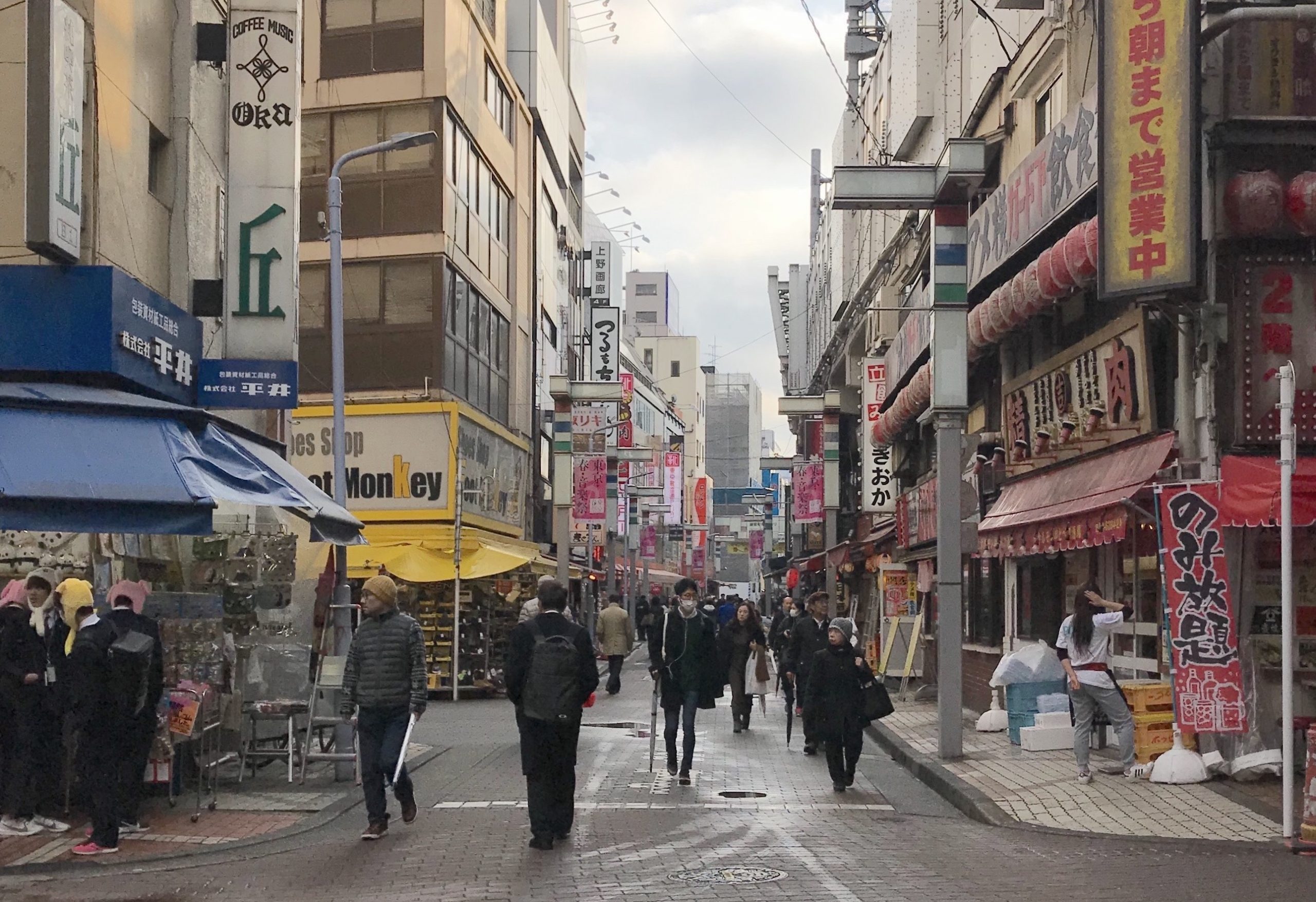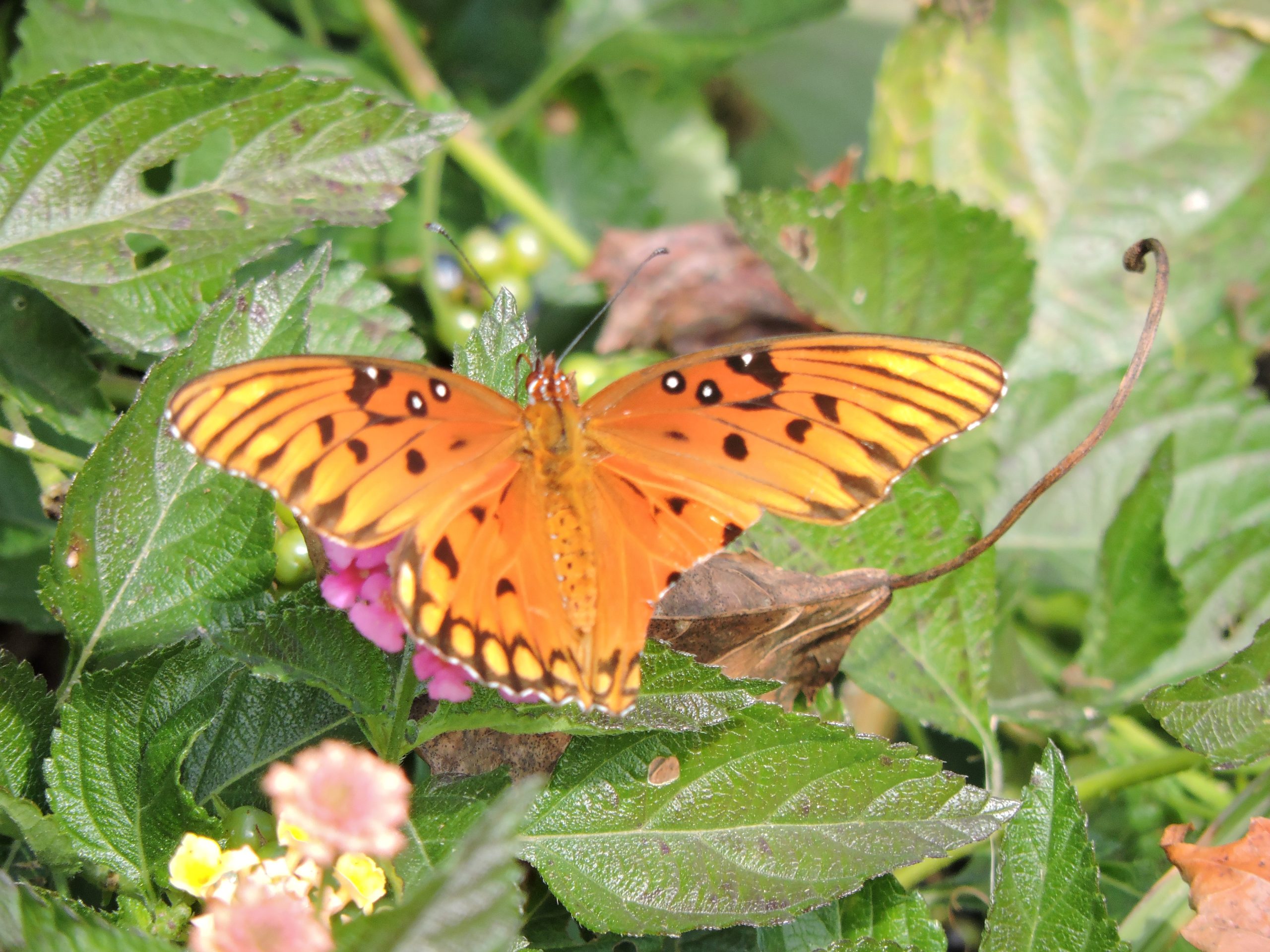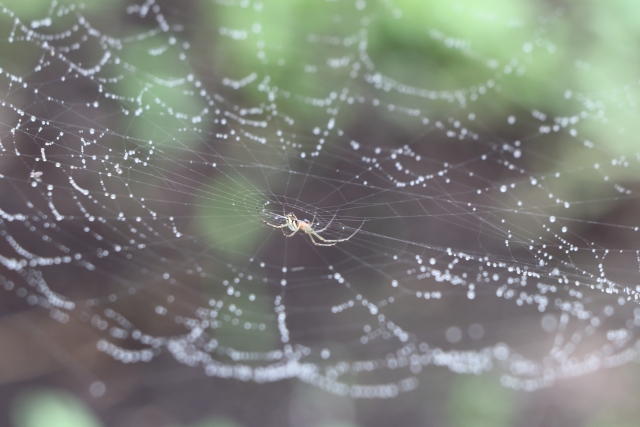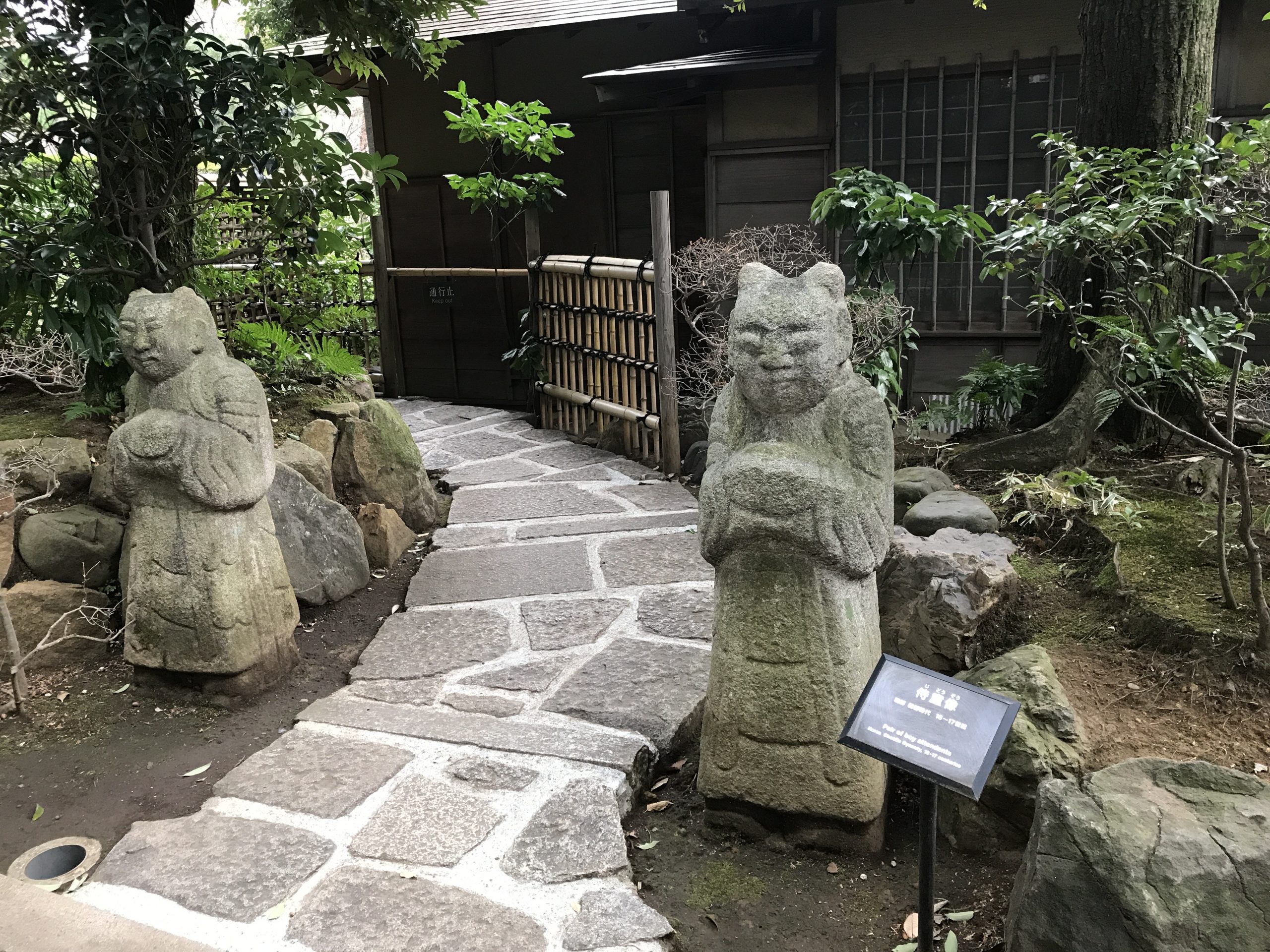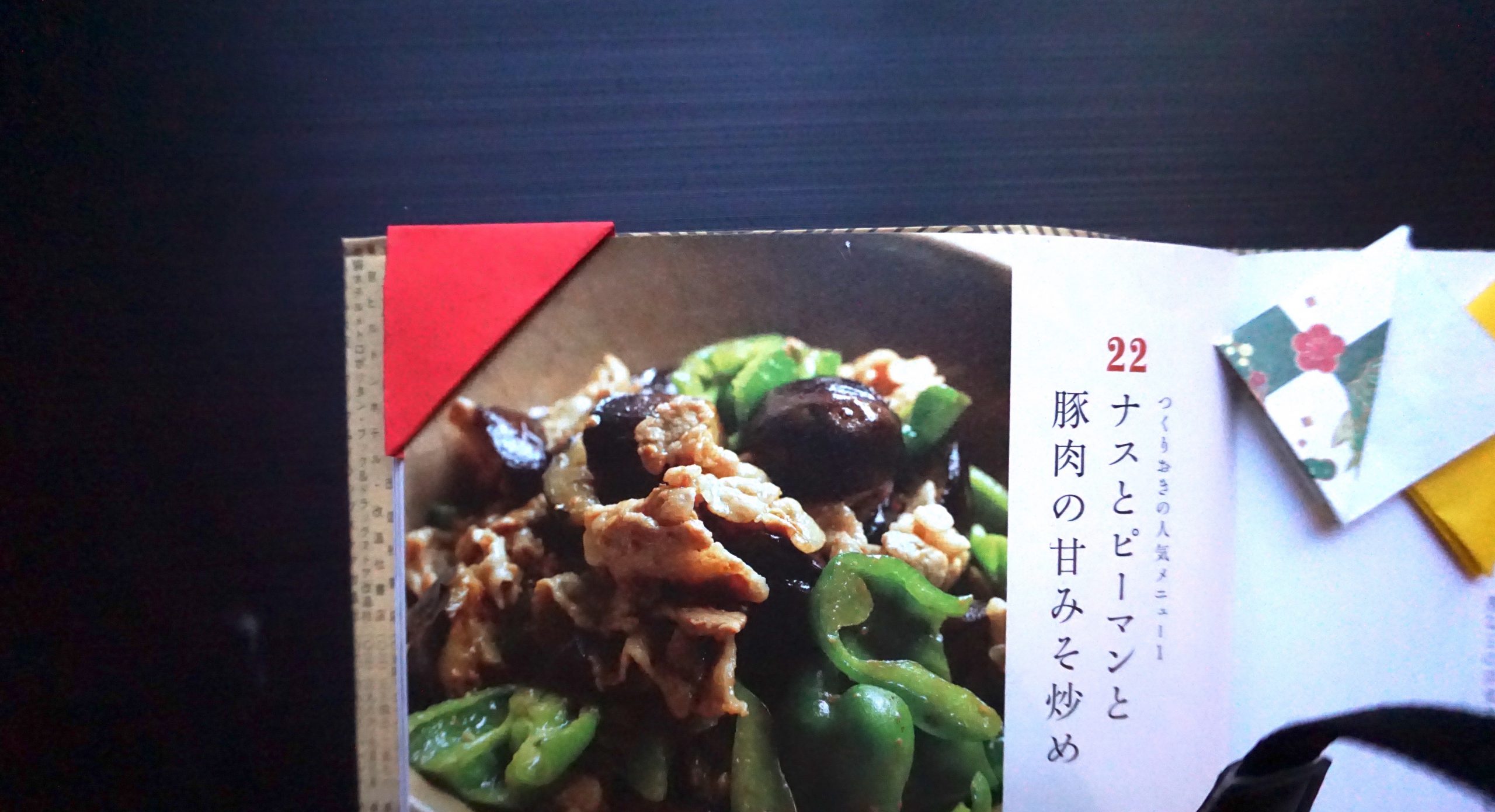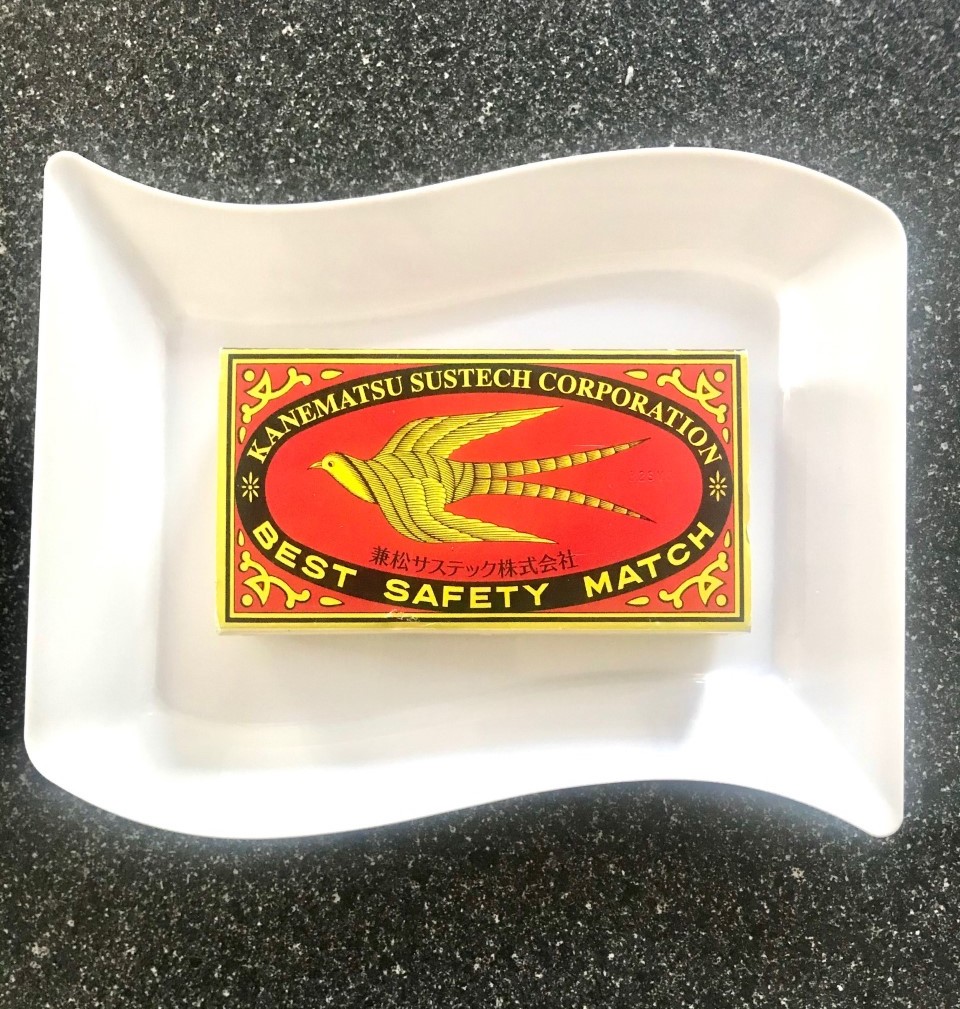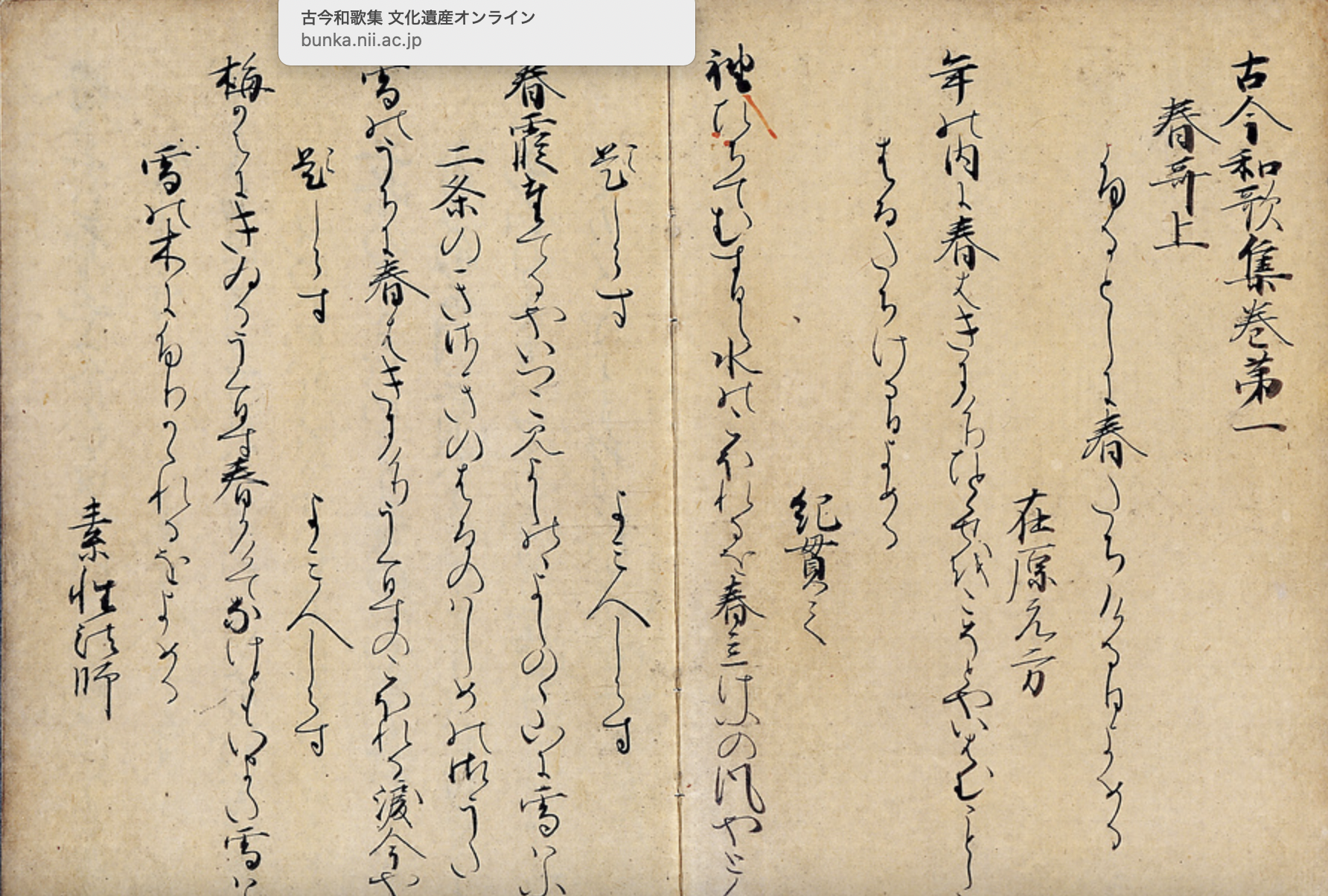When you would like to start a sentence with “And…”, choose one of the four conjunctions in Japanese.
文を”AND”で始めたいとき、それにあたる言葉は、この四つの接続詞の中から選びましょう。
How Do You Say “And” After I-Adjective? / イ形容詞の後で、AND…を何という?
How do you connect two adjectives? Here we will discuss the case in which the first word is I-Adjective.
英語なら”and”を使えば済むところ、日本語では二つの形容詞をどのように結び付けるか。ここでは、最初の言葉がイ形容詞である場合を考えます。
The Rainbow Song And “te” Form / 虹の歌と「て」形
In this post, we will listen a Japanese song. While you enjoy it, you will learn some grammar about “te” form of verbs. /
この投稿では、日本語で歌を聞きます。楽しみながら、「て」形についての文法を覚えていただけます。
How To Say “And” After A Verb / 動詞の後でAND…を何という?
When you combine two sentences with common “-masu”-ending verbs, how do you do it?
普通の「ます」で終わる動詞で成る、二つの文を結ぶとき、どうしますか?
Joro Spiders and Edamame / ジョロウグモと枝豆
Recently, people in the southeast US have found big spiders in large numbers in their yards.
Called Joro Spiders, they may have come from Japan.
最近、米国南東部で家々の庭にたくさんの大きな蜘蛛が見つかっています。このジョロウグモ、日本から来たのかもしれません。
How Do You Say “And” After Noun? / 名詞の後でAND…を何という?
To say “and” after a noun, we say “to” or “de”. In this post, we will discuss which one is to be used when.
名詞の後で「and」の意味を表す言葉は、「と」または「で」です。ここでは、どんな時にどちらを使うかを考えます。
The Two Usages of Adjectives / 形容詞の二つの使い方
Do you remember when you need “na” and when you don’t, in using adjectives?
In this post, we will answer that and other questions you may have about Japanese adjectives.
Updated: October 19, 2021
Matchbox to Say Thank You / マッチ箱でお礼
What do you do with an empty container if someone cooks food or dessert and gives it to you? Old Japanese people would return the container after cleaning with a matchbox. It was a “thank you” message with a word play. /
誰かがお料理やデザートを作ってくれたら、その容器をどうしますか?昔の日本人は、洗った後でマッチ箱を入れて返しました。これは、言葉遊びで「ありがとう」を意味していたのです。
Fall Has Come / 秋来ぬと
Is it cool where you live? In South Carolina, it’s still midsummer although it’s September. We wish the cool season to come soon!
There was a Japanese poet who shared the same sentiments with us eleven hundred years ago.
あなたの住んでいる地域は涼しいですか。9月なのに、南カロライナはまだ真夏です。早く涼しくなってほしい。
同じ気持ち、1100年前の人が和歌に詠んでいます。
Exceptions in Adjectives / 例外的な形容詞
There are a few exceptional adjectives, besides I-Adjectives and Na-Adjectives, which are often used in conversation. For example, “the best” and “the worst”…Here is how to use them.
イ形容詞(国文法の形容詞)、ナ形容詞(同形容動詞)以外に、よく使われる例外的な形容詞があります。例えば、「最高」や「最低」。。。使い方を覚えましょう!
